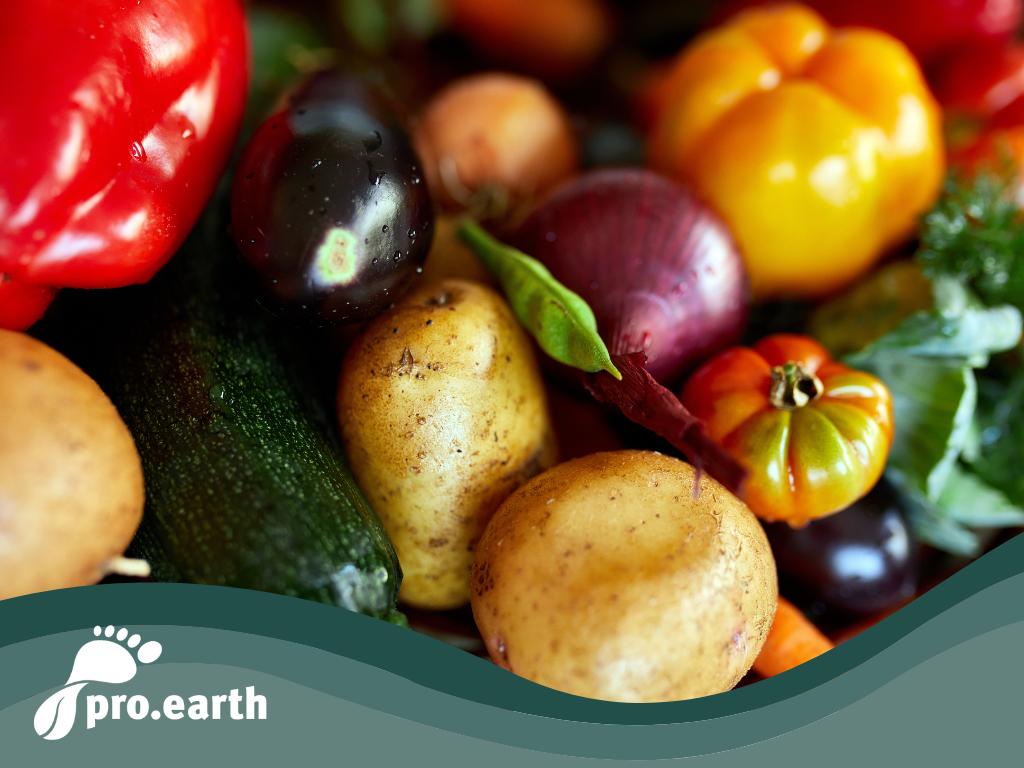BIO AUSTRIA: Organic food defies inflation

Organic share in food retail more than stable; price difference to conventional on the shelf is falling - organic provides security for consumers as a brake on inflation
"Organic food has not lost any of its popularity in the food trade despite the rise in prices. Consumers in Austria are proving to be loyal organic buyers and reliable partners of organic farmers, even in times of inflation," emphasizes BIO AUSTRIA Chairwoman Barbara Riegler in reference to the latest RollAMA figures presented today by AMA Marketing. These show an organic share of 11.9 percent of total food expenditure in the retail sector for the first quarter of 2023. This figure is significantly higher than in 2019, 2020 and 2021. Only the record figure for the first quarter of 2022 was slightly higher.
The data also shows that organic food has proved to be a brake on inflation. The price difference between organic and conventional products on the shelves has decreased significantly, as organic food has seen a lower price increase. As a result, the often-mentioned preconception that organic food is particularly expensive has finally been dispelled. "During the crisis, organic food offers price stability and therefore security for consumers. In these challenging times, many of the strengths of organic are clearly coming to the fore," emphasizes Barbara Riegler.
For example, organic food does not require expensive artificial fertilizers made from fossil raw materials or synthetic chemical pesticides, the costs of which have multiplied due to the high energy requirements in production. Organic feed is also not imported from far away, so there is no dependence on imports. Feed for organic animals comes almost exclusively from regional organic farms. This is why the prices of organic food are rising less sharply, as the RollAMA figures show. "Organic farming is once again proving to be a comprehensive advantage for society, farmers and the environment," concludes the BIO AUSTRIA chairwoman.






